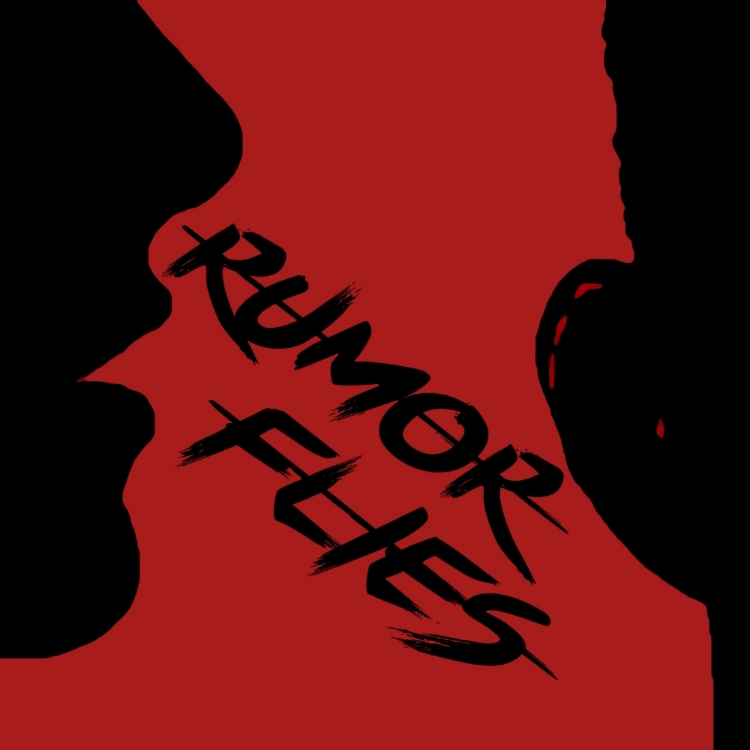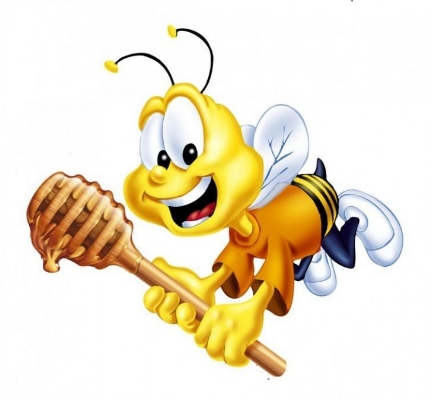Snap Judgment #32: No Stompies in Germany
Snapple Fact #1366: In Denmark, citizens have to select baby names from a list of 7,000 government-approved names.
Verdict: True
So as it turns out, many countries have specific laws as to what you can and can't name your kids. Some are pretty obvious, such as no slurs or generally offensive names, but the laws get a lot more interesting as you dive in a little deeper. Denmark, as it turns out, is just particularly strict, while many countries vary pretty wildly.
Let's start with the initial subject of this Snapple "real fact" - Denmark. Denmark does indeed have a list of approximately 7,000 government-approved names. One can apply for special permission through their local church, then the government reviews it. They are so strict that they actually reject 15-20% of submitted names. A few banned names: Anus, Pluto, and Monkey.
According to the earlier linked Mental Floss article, here are a few rules of note:
- Names must indicate gender
- Creative spellings of approved names are largely not allowed
- Last names can't be used as first names and vice versa
- Part of the rationale is to protect "rare Danish last names"
Image source
In 1982, Sweden enacted the "Naming Law," which was originally designed "to prevent non-noble families from giving their children noble names," but it has since evolved. First names can't be offensive or "cause discomfort" for the individual bearing it, you can only change your name once, and you must keep at least one of the original names you were given if you do change your name. A few banned names: Metallica, Superman, Veranda, Ikea, and Elvis. Interestingly enough, they specifically allow "Goole" as a middle name, and Lego is an approved name.
The US has its own federal naming laws, but it also varies wildly from state to state. Some states ban obscenities, some states (such as Kentucky) have no name laws at all, and in some cases, courts interpret the right to name a child whatever the parents' want as a matter of Free Speech (1st amendment clause) and Due Process (14th amendment clause). California actually doesn't allow for diacritical marks (ex. José, Noël), and some states limit the number of letters a name can have for record-keeping purposes.
To close it out, here's an article from Business Insider that lists some interesting banned names by country! Enjoy, and if you live in Germany, do not name your kid "Stompie."



















